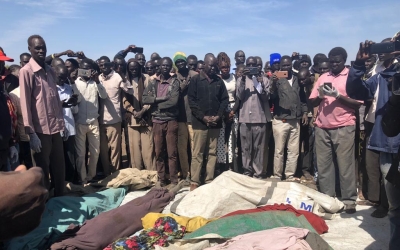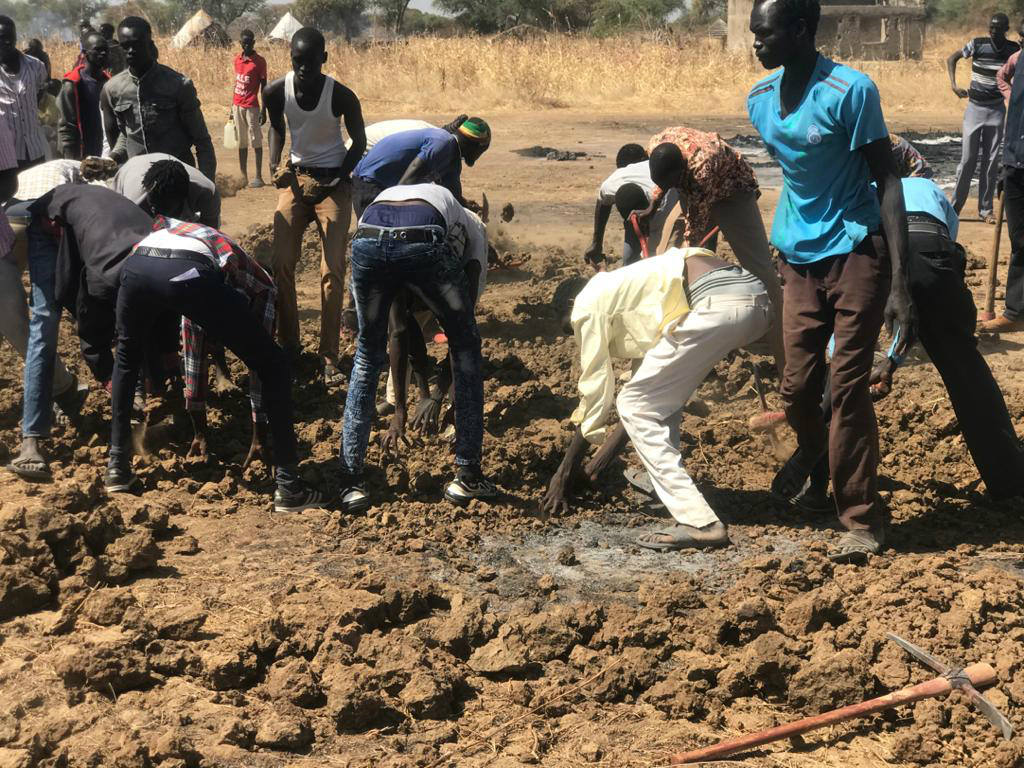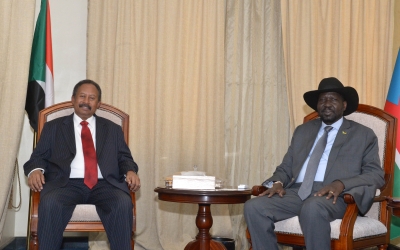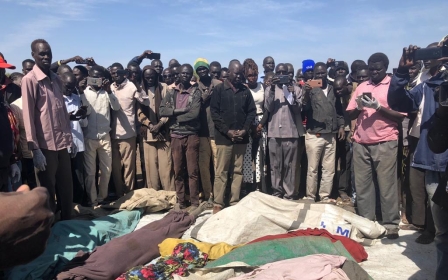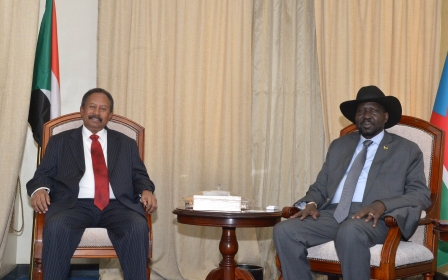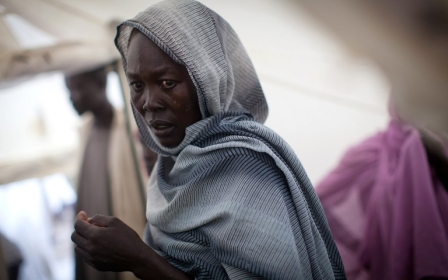EXCLUSIVE: South Sudan's president blasts UN over Abyei massacre
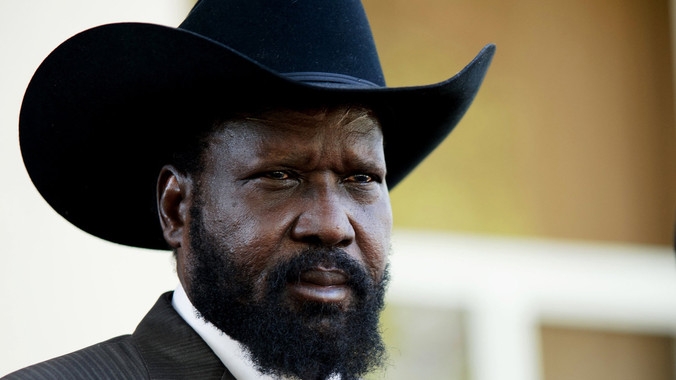
President Salva Kiir of South Sudan has launched a blistering attack on the United Nations in the wake of last week's massacre in the contested region of Abyei on the border between Sudan and South Sudan.
Kiir was speaking out amidst mounting anger in South Sudan at the failure of the peacekeeping force, known as UNISFA, to protect the ethnic Dinka village of Kolom in northern Abyei.
Speaking exclusively to Middle East Eye in his presidential office in the capital Juba, Kiir said: “The role of the United Nations is clearly a matter of concern.
"They don’t have any reason to be there. People are dying in front of their eyes.”
The president blamed the attack on the Misseriya, a nomadic Arab tribe from Sudan who spend up to six months of the year in the Abyei region.
Kiir said: “The Misseriya have been killing people one after another. When women go out to collect firewood, they are killed or raped. Many children in the area are taken and never seen again.”
Abyei has long been contested land, with Misseriya herders travelling south from their lands in the Kordofan region in search of better grazing lands, bringing them into dispute with local Dinka farmers.
The great majority of permanent residents of Abyei regard themselves as South Sudanese. In a referendum held in 2013, more than 99 per cent of voters favoured joining South Sudan.
But this poll has never been recognised by governments in Khartoum, which maintains that the Misseriya tribe, which claims historic rights to the land, was not consulted.
Anger at UN advice
The massacre on 22 January claimed the lives of at least 32 villagers, as reported by MEE.
The raiders wounded more than 20 people and burned down 22 huts as well as the village clinic and church.
According to local officials, 15 children were also abducted. It was announced on Tuesday that six of the children have been returned to their homes.
Survivors told MEE that they had asked UN peacekeepers on the day before the attack whether they should hide in the bush to avert a massacre.
They said the peacekeepers advised them to remain in the village because they could not guarantee their safety if they fled.
Villagers said that the raid started an hour after UN forces left the village at about 7.15am local time, raising the question of why the UN did not provide 24-hour protection.
Shortly after the attack, Kiir met with the vice president of Sudan’s Sovereign Council, General Mohamed Daglo - commonly known as Hemeti and notorious for his role as commander of the Janjaweed forces in Darfur.
Hemeti said he had delivered a message expressing regret for the killings and accused those responsible of trying to sabotage talks over the future status of Abyei.
'They are doing nothing'
Both countries have condemned the attack and agreed to establish a joint mechanism to protect civilians as trust in the UN peacekeeping mission in Abyei falls to an all-time low.
However, there is no sign of the two countries coming to an agreement over the final status of the contested region.
Kiir told MEE that the Kolom massacre was not the first time that UN forces had failed in their duty to protect civilians.
The president cited the death of Deng Kuol Deng, a Dinka chief, who was killed by Misseriya while travelling with a UNISFA convoy in 2013. A peacekeeper was also reported to have died.
Kiir said: “UNISFA were there. They did not protect him. Instead they left him very vulnerable.
“Wherever the UN are in South Sudan, they are doing nothing. They are furthering themselves.”
The president spoke to MEE the day after a public meeting in Juba where Abyei’s elected representatives in the capital condemned the failure of UNISFA to prevent the massacre.
One poster called for UNISFA to leave Abyei altogether after failing to protect civilians.
'Unfortunate incident'
The UN has failed to respond to questions from MEE about villagers’ claims that they were advised to remain in Kolom rather than scatter to the bush.
A UNISFA spokesperson told MEE that peacekeepers had been guarding Kolom for three days prior to the attack but did not have a forward operating base near the village.
The official said the attack had occurred between the departure of one patrol and the arrival of its replacement in the area.
“The attack took place in the space of an hour, soon after the previous patrol had left the area to return to the base and before a new one arrived,” he said.
“The newly arrived patrol managed to apprehend some of the alleged perpetrators. The mission will continue to investigate all the circumstances surrounding this unfortunate incident, and has convened a team for these purposes.”
Middle East Eye propose une couverture et une analyse indépendantes et incomparables du Moyen-Orient, de l’Afrique du Nord et d’autres régions du monde. Pour en savoir plus sur la reprise de ce contenu et les frais qui s’appliquent, veuillez remplir ce formulaire [en anglais]. Pour en savoir plus sur MEE, cliquez ici [en anglais].


